“The impossibility of life is really explored in the show”: Suki Waterhouse and Josh Whitehouse on Daisy Jones and the Six
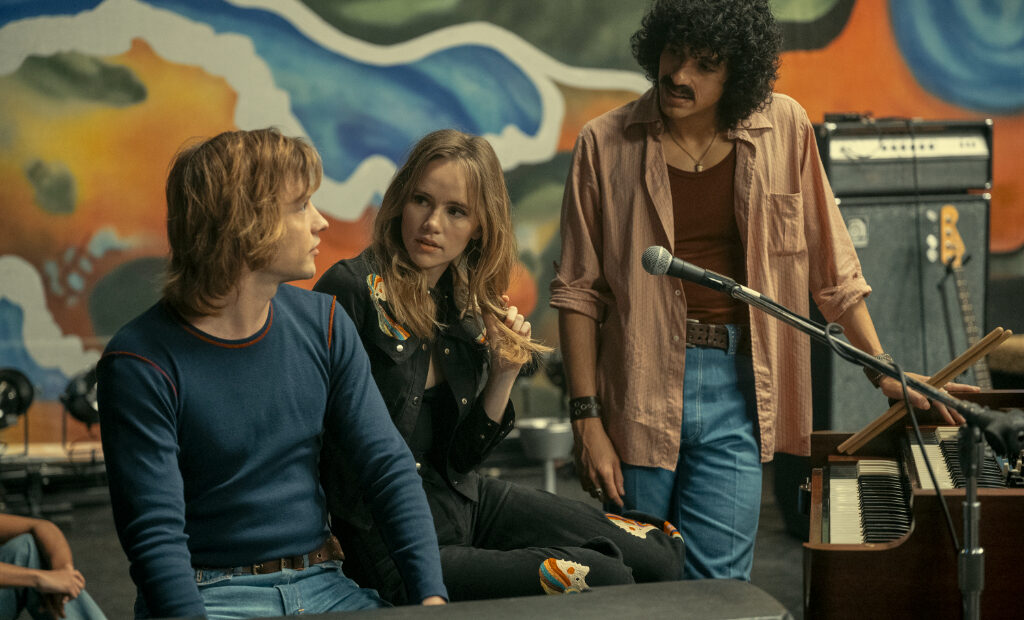
“What a time to be alive if you love music”: this quote captures the sentiment that emanates from the brand-new ten-part Prime Video music drama series, Daisy Jones and the Six, based on Taylor Jenkins Reid’s bestselling 2019 novel, about a fictional 1970s American band. Heavily infused with the music and exploits of the rock acts the writer grew up listening to (particularly Fleetwood Mac), there’s such authenticity given to proceedings that even the actors, when they first came to the script, had to Google the band it was about, assuming it was real.
And so viewers can look forward to a nostalgic, immersive dive back in time, seeing the rockers catapulted to stardom in LA from humble beginnings burgeoning with freedom, creativity and a golden age of sorts for music, while also exploring the uglier sides of the rock’n’roll lifestyle, in particular, pervasive drug abuse, exploitation of women and the pressures of fame. The fabulous cast is led by a magnetic Riley Keough as Daisy and Sam Claflin as The Six frontman Billy Dunne, who both deliver impressive vocals and stage performances, all the more impressive knowing Claflin learnt to sing and play guitar from scratch.
The Upcoming had the pleasure of speaking to the show’s stars ahead of it landing on the streaming platform. Suki Waterhouse (Assassination Nation) and Josh Whitehouse (Poldark), who play the keyboardist and bassist in The Six, Karen Sirko and Eddie Roundtree, shared why they want to be part of the book adaptation, the references they drew on to fully invoke their characters and the themes the show explores.
It’s a testament to what a great job you guys have done that you start watching Daisy Jones and the Six and you feel like you’re watching a real documentary about a real band, and many people think that it’s based on a true story. So where did it all begin for you? And what can audiences expect when they watch it from your perspective?
Suki Waterhouse: It began for us with… I’d read the book, I was in love with the book. I thought it was a real band. I hadn’t really read a book that was actually able… Taylor Jenkins really did a really unusual thing, being able to have you viscerally there in the 70s, inside a band, and have all the different anecdotes from all the different perspectives of the band. And it was humorous and it was heavy. And it was all the things that a delicious book really can give you. Then we realised there was also this huge undertaking going on to make an album, and for all of us to be able to play – they wanted us to really, really be able to play. So we knew that there was going to be a ginormous rehearsal bandcamp experience. That drew me into it.
Josh Whitehouse: For me, it started with an audition process: I auditioned for Billy, and then I auditioned for somebody else, and then there was, like, a three-month period, and it seemed like it’d gone away. And then it suddenly came back, and then it was trying different characters, trying different scenes. So it was a very rigorous audition process that we went through. And then we were experimenting with the music, they wanted us to play songs. As this was all going on, it was the first time I was hearing of the book, and so I was also reading the book and sucking it up. I was listening to the audiobook and just trying to absorb as much of the world as I possibly could, and the more I did, the more I fell in love with the idea. Then the extra added bonus was, as it kept going, it just kept getting better, with the new cast members that were being brought on. It just got more and more exciting.
Even though it’s not based on a real band, the author was influenced by the music of that era and bands she grew up with, like Fleetwood Mac. And it’s just realised so well on-screen, from the costumes to the venues to the live performances. Did you have to do your own research about what it was like to perform back in that era, by listening to music and watching videos? What was it like bringing that time to life?
SW: Definitely. That was definitely a big part of it. I mean, for me, I’m the English one in the band, so, obviously – keyboardist, English – I go straight to Christine McVie. I had so much material to draw from her, and her relationship with Stevie Nicks. That was definitely a real-life example. I was very much looking at their lives and, actually, not just as women, but as artists. The sacrifices an artist has in their life I think struck me very deeply – the things that you forfeit for that life of a musician. I think I’ve always been very attracted to the life of a musician since I was very young. I’ve kind of always wanted that for myself.
JW: I didn’t feel like I necessarily was basing myself on someone specific but, rather, I watched a lot of the documentaries. We were all recommending each other documentaries, we were all talking and I was trying to see live performances from back in the 70s, and particularly looking at a bass player stance then. But apart from that, I grew up playing music and I just kind of wanted to take as much of my own self into the era and be absorbed by the surroundings of the 70s and the set and everything and just kind of react in the world, as it were.
Onto the themes that emerge from show, it seems to capture the nostalgia a lot of people have for the era (in terms of creativity and freedom, the sex, drugs and rock’n’roll lifestyle of a rock star), but then there’s also the dark side, seeing what women went through and the toll it took on people – lots of musicians have died much younger than they should have done. So we see both the good and the bad side of that lifestyle.
SW: That’s just a life thing – I think that’s always present, especially when you add fame into it. But I think, as humans, we all struggle with that, the fantasy and the reality. And there are survivors, and there are people that aren’t here, there are people that survive, and there are people that don’t survive that contradiction of life that we all have to go through. And that’s a beautiful thing about the show. Actually, we all make it through, and then we’re watching and discussing in the documentary parts our lives and our losses, and it’s gut-wrenching. The impossibility of life is really explored in the show. I love that about the show.
JW: I feel like you could take that out of music; you could take the same thoughts and feelings and apply them to any situation, because I just think that the themes played out within the show and between the characters and the storylines are also relatable on many levels and are things that lots of people go through in real life all the time, which is probably what drew so many people into the book, and what is going to bring so many people into the show.
You must have had so much fun making this series – and with this incredible ensemble cast, as though you’ve created a real band! Did you have a favourite moment in the making of it or, on the other side, one that was really challenging?
JW: I personally found the most challenging time for me was towards the end, around the last episodes, where it’s very heavily performance and music-based – not that the music was so challenging, but that everything was shot out of order. We would be jumping between completely different moments and storylines, and, like, “In this one Billy’s happy and in this one, he’s completely drunk”. Everything’s going up and down and all over the place. And so just managing to keep up with it and figure out where you’re at in the story was always quite tricky.
SW: Yeah, it was. And just being in a different city all the time, running around doing these long, long shots. And the way that they shot it, they kept us on our toes quite a lot, didn’t they? It was never really like, “Okay, you’re out of the shot”. It was like, “We’re going to just roam around you” and you would never really know when you might be having your moment, where your hands needed to really be hitting the keys for a certain thing. So we were very on; it was very electric.
JW: Certainly a highlight would be just experiencing the chemistry we were all so lucky to find and just the fact that we… in scenes where maybe there wasn’t dialogue, or maybe there wasn’t a thing, but we needed energy and we wanted to bring it – it just all felt so natural, because of the way we got to know each other and how long we were able to spend doing that. We were so comfortable with each other that we were able to create those sparks at any given moment, which was just… it’s rare.
Sarah Bradbury
Daisy Jones and the Six is released on Amazon Prime Video on 3rd March 2023. Read our review here.
Watch the trailer for Daisy Jones and the Six here:

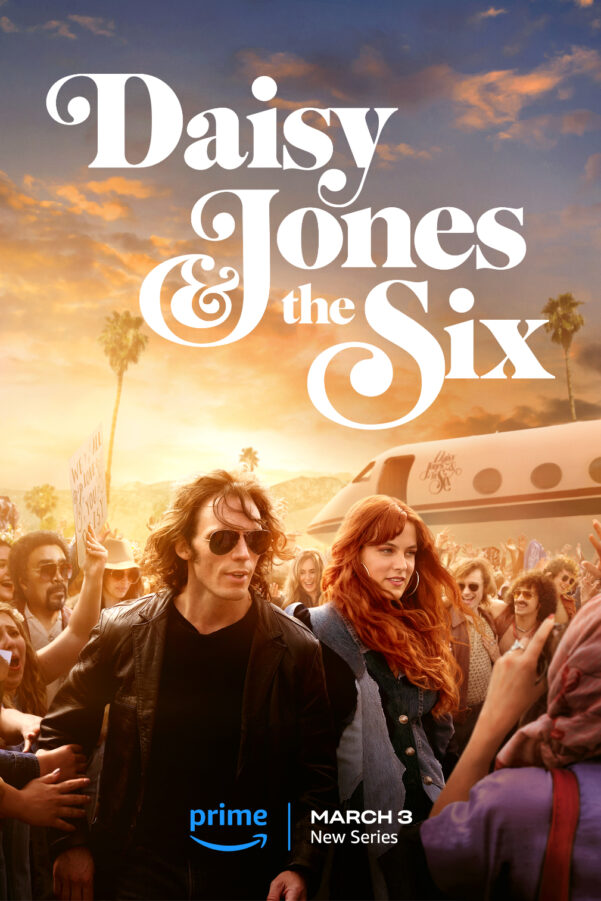
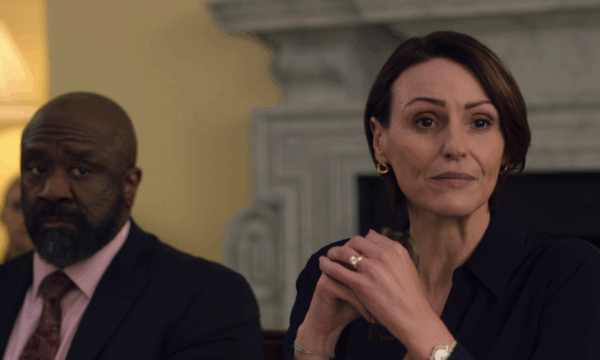
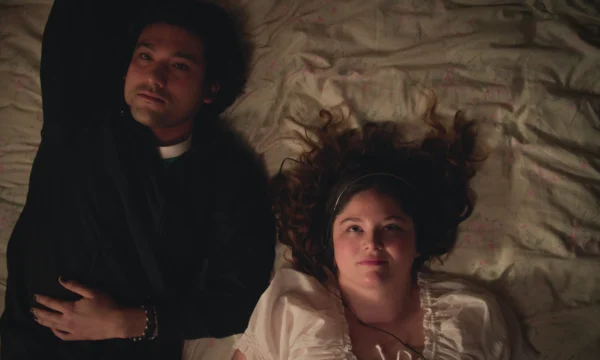
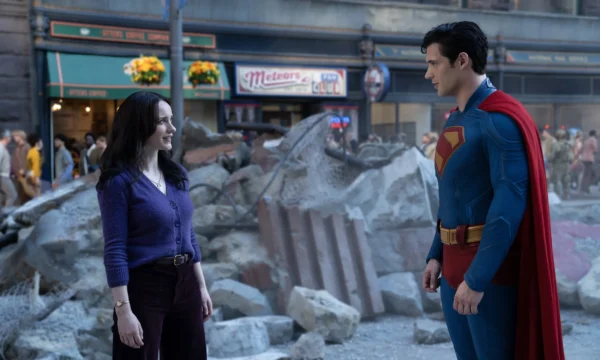
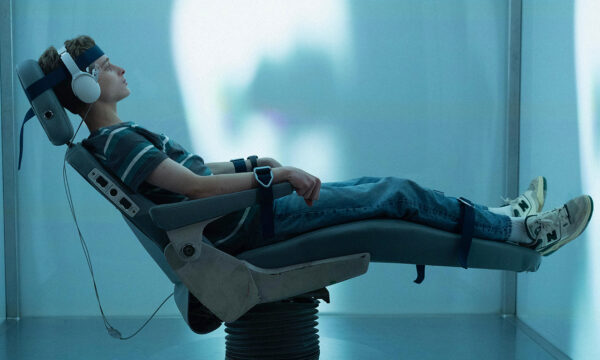
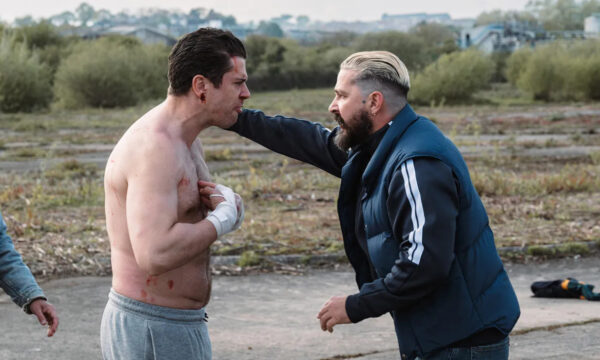
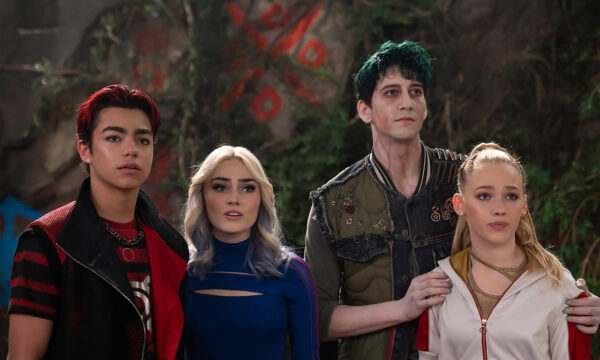
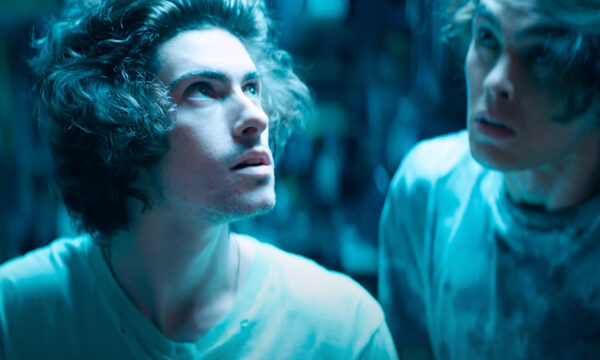
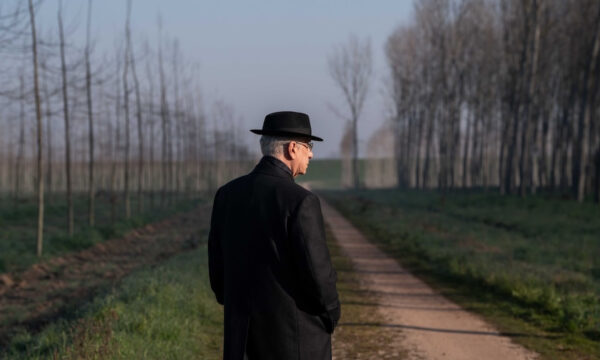
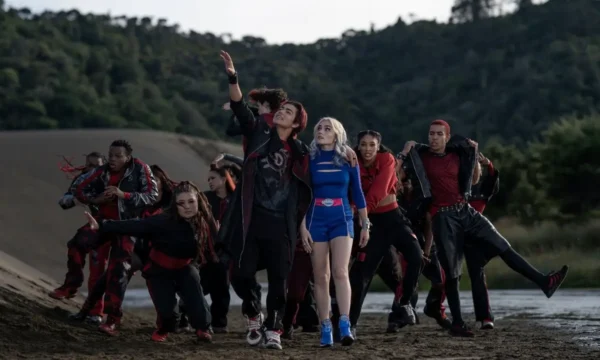
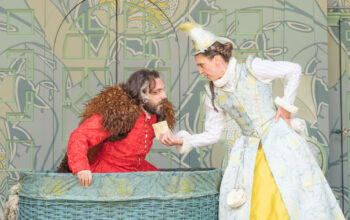
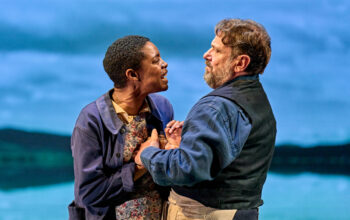
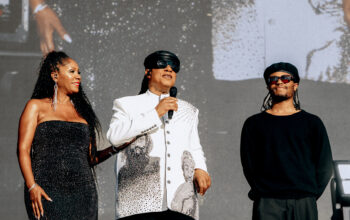
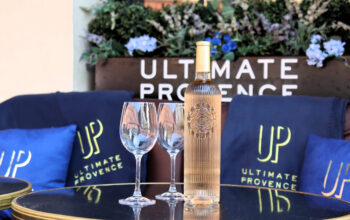
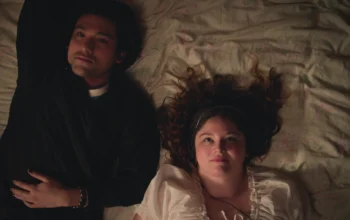
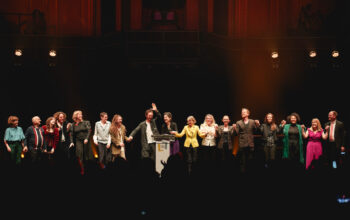
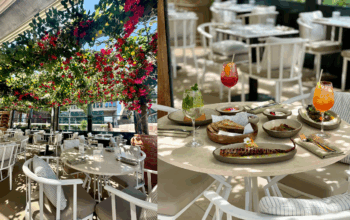

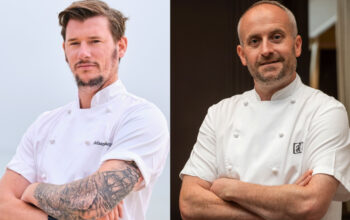
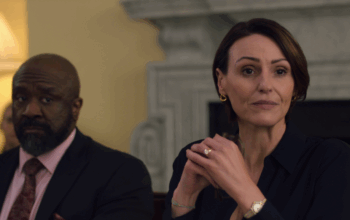


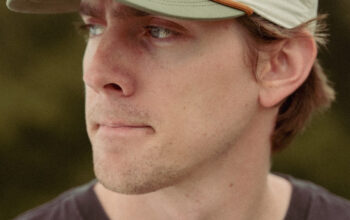

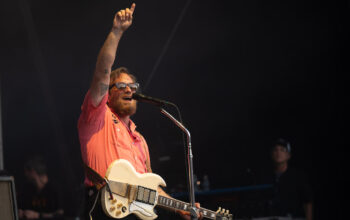
Facebook
Twitter
Instagram
YouTube
RSS